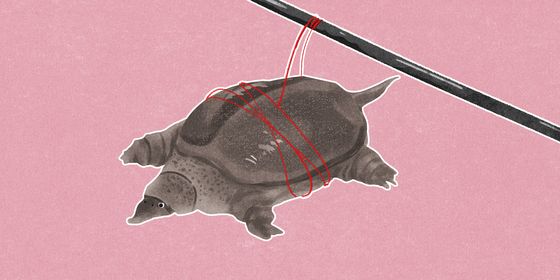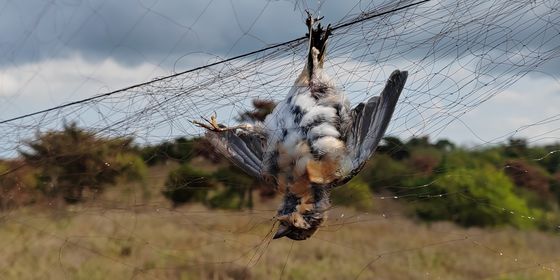China’s strict Covid-19 policies mean pets face euthanasia when owners are quarantined
I t’s the latest case in a tragic trend. When an employee in a pet shop in Hong Kong tested positive for Covid-19 on January 18, authorities announced they would cull 2,000 small animals, including hamsters, in the shop. All customers who had purchased hamsters from the shop after January 7 would be traced and placed in quarantine, and must hand over their pet to be put down.
Covid-19 has been a hard time for pets worldwide. On the Chinese mainland, strict lockdown and quarantine measures for cluster outbreaks have put animals at risk of being culled by local governments in their quest for zero cases, or abused by fearful, uninformed owners.
In the first months of the epidemic in 2020, when numerous cases of animals around the world testing positive for Covid-19 emerged, many reasoned “that if people can infect their pets with Covid, then animal-to-human infections are certain,” Guo Peng, an associate professor researching animal ethics at Shandong University, tells TWOC.
Though the World Health Organization has said there is no evidence that animals can transmit Covid-19 to humans, photos spreading on Chinese social media in February 2020 showed dead cats and dogs on sidewalks in a number of cities, apparently killed or abandoned by scared owners and vigilante community workers who believed they could spread the virus.
Panicked responses aside, China has no guidelines on how to treat pets who have been in close contact with patients. That leaves the problem to local governments and local health authorities to deal with as they see fit. “There isn’t a clear guideline or methodological directive from a [central] authority that lets managers at the grassroots level know how to deal with the problem properly,” says Guo.
Since then, cases of Chinese epidemic-prevention staff putting down pets—positive or not—have repeatedly outraged netizens. September last year saw three cats put down by authorities after testing positive for Covid-19 in Harbin, Heilongjiang province, despite their owner’s protests. In November, a dog-owner in Shangrao, in central China’s Jiangxi province, who’d been evacuated from her apartment after her complex reported a positive case, was horrified to see a surveillance video showing two epidemic-prevention workers entering her home and appearing to beat her pet corgi to death with a crowbar.
In early January of this year, it emerged on Weibo that a Shanghai hotel, quarantine site for foreign arrivals into China, had made it a condition of entry that pet owners sign a document giving consent for their pet to be put down if the owner tests positive.













